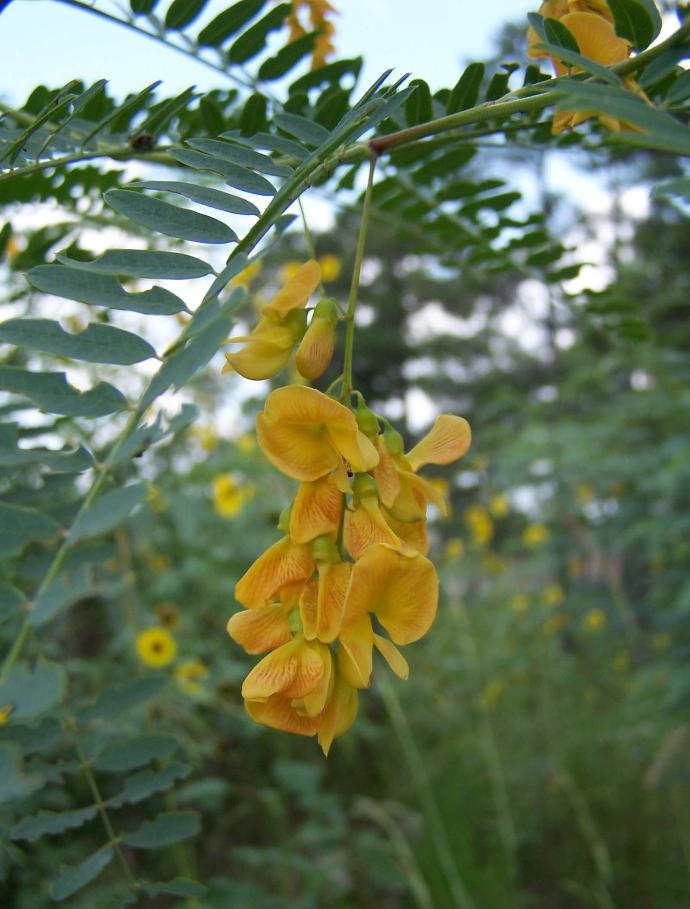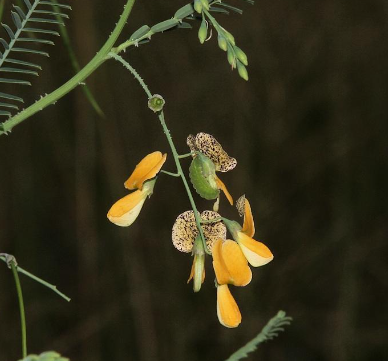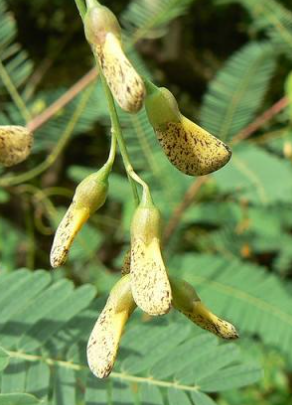Sesbania Plant
Sesbania (Sesbania sesban) grows quickly to 20 ft, prefers loamy soil, full sun, high moisture, and is edible and medicinal.
Habit
Shrub
Height
1-3 m
Growth
Fast
Soil
Well-drained loamy
Shade
Full
Moisture
High
Edible
Yes
Medicinal
Yes
Origin
Asia, Africa
Climatic Condition
Tropical, Subtropical
Temperature (°)
20-35°C
Humidity (%)
50-85%
Potting media
Peat, compost
Fertilizers
Organic, nitrogen-fixing
Watering
Moderate
Plant Weight
5-10 kg
Flowering Time
Spring, Summer
Soil Ph level
5.5 - 7.5
Water Ph level
5.5 - 7.5
Soil EC
1-2 dS/m
Yield Per Plant
Forage, green manure
NPK ratio
10:05:10
life Span
Annual
Health Benefits
Soil enrichment, medicinal uses
Suggested Grow Media or Potting Mix ?
50% compost, 25% peat, 25% sand
Suggested Fertigation/Fertilizers
Fertilize every 2-3 weeks with balanced liquid fertilizer.
Common Diseases and Remedies
Leaf Spot, Rust, Downy Mildew, Fusarium Wilt, Aphid Infestation.
Brown or black spots on leaves, Reddish pustules on leaves, White fungal growth on leaves, Wilting and yellowing leaves, Leaf curling and distortion.
Copper-based fungicides, Fungicides with propiconazole, Fungicides with mancozeb, Fungicides with tebuconazole, Chemical insecticides.
HEALTH BENEFITS
· Leaves are rich in vitamins A and C, supporting eye and immune health.
· Contains anti-inflammatory and antimicrobial properties.
· Used in traditional medicine for treating respiratory issues.

